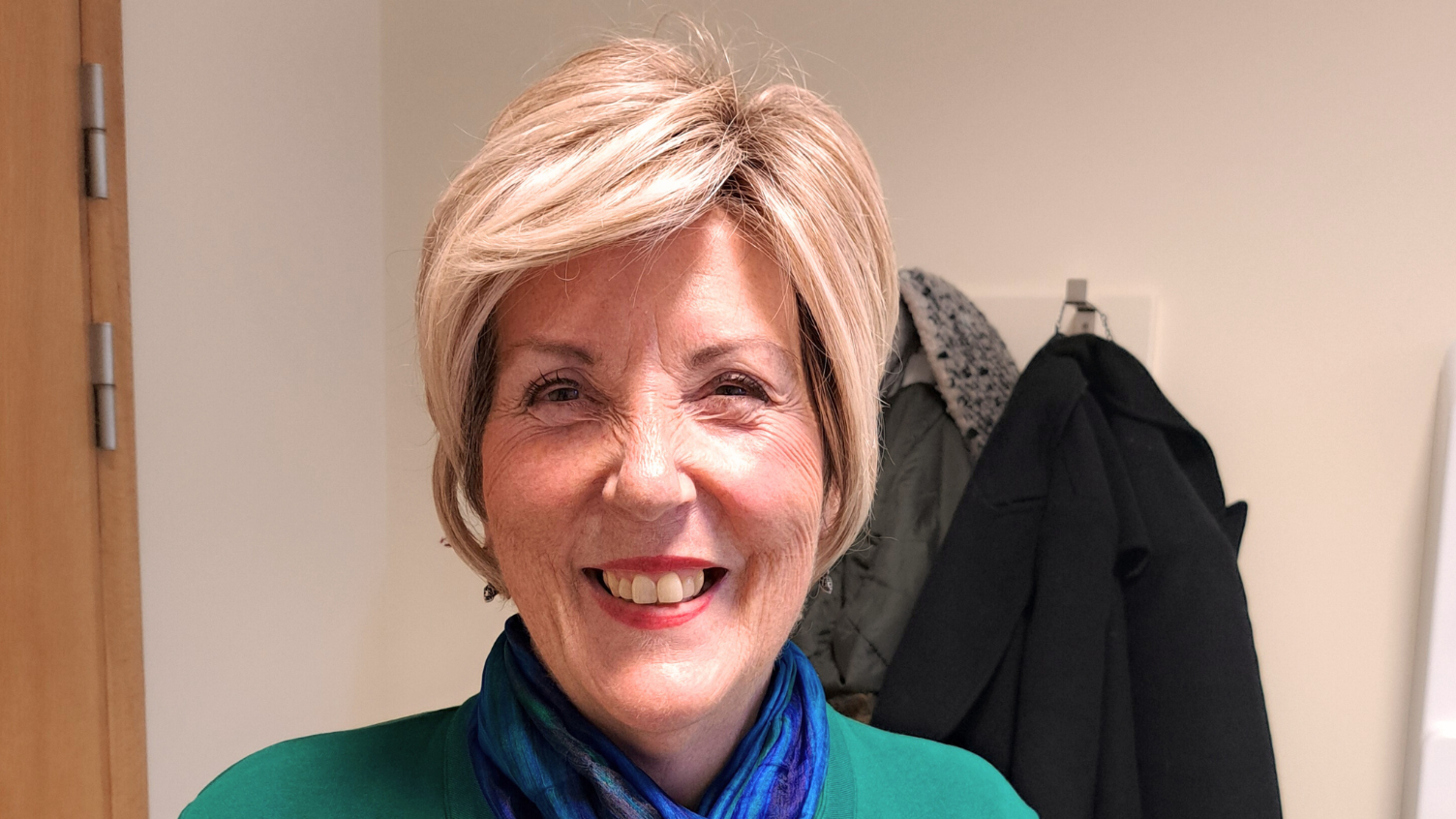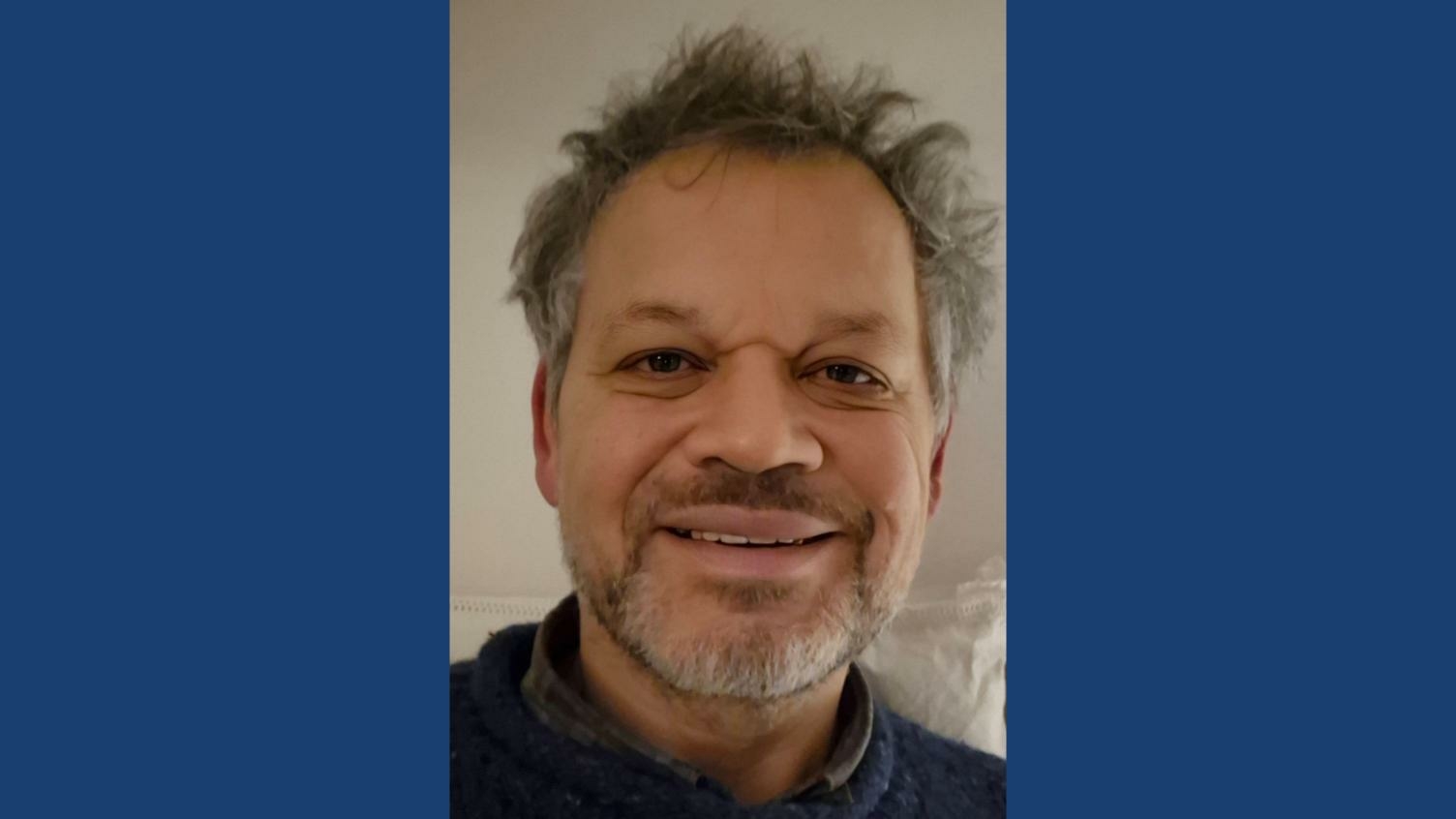A day in the life – Agile Research Nurse Humberto Matos
- 11 December 2024
- 4 min read
A day in the life of South West Research Nurse Humberto Matos. Humberto is a Research Nurse in the Exeter Agile Research Delivery Team, part of the NIHR Research Delivery Network.
Originally from Portugal, Humberto worked as an intensive care nurse in London for 10 years before coming to Devon in 2019 and moving into a research role. He joined the South West Peninsula Regional Research Delivery Network (then called the Clinical Research Network) in 2022 and is urging others to consider a research career. He said:
“In the Agile team, we work across all settings and all specialties as well. I can be working with a GP on a blood thinning medications clinical trial for example, and then the next day, I can be going to the hospital for a vaccine trial.
“It’s quite common to work on two different studies in the same day. Often I'm working on a study in the morning, maybe doing some screening, which can be done remotely, and then I’ll go and see a GP practice in the afternoon.
“The way we work is flexible and agile; it’s where our name comes from – the Agile Research Delivery Team. In a hospital, things are almost standardised, processes are very linear and it all runs like a well-oiled machine. But when you're working in primary care and social care, things are much more dynamic.
“Every study set up is a bit different because of all these different factors - how busy they are at the site, how experienced the teams are, there is just so much more variation. With care homes, they are usually completely research-naïve, and their level of expertise is different again from a GP, so you need to constantly adapt."
Humberto also highlighted what he enjoys most about his work. He continued:
"Personally, I really like it; I know there are people who don't like unpredictability so much, but maybe because I was an ICU nurse and this was my day-to-day, it has become second nature.
“Something unique about our team is that we cover the whole lifetime of a study. In primary care, for example, we have an initial meeting with a GP where we discuss the pipeline of studies and find out what their interests are. With this knowledge, we are able to suggest studies in those areas of interest.
“Then we can provide support for the whole trajectory of the study, from the first talk where you might suggest a study to the GP, to them being accepted, the initial set up, the study initiation visits, setting up the site files and so on. Depending on how experienced the GPs are, some are happy doing their own thing and need minimal support, but some who might be newer to research need a bit more input.
“Then at the other end, we help to close out the study. And working with the study team throughout as well is key.
“There are different parts moving all the time, and we’re like the central piece that connects with everybody else."
For the research nurse, it comes down to the relationships you can build and the variety of the work in research. Humberto added:
“Then you have the relation-building aspect of our work. Both with the study team, which can be a bit transient, but also with GPs and their admin teams, nurses and other staff, who you can really make strong relationships with. We all know GPs are extremely busy, so my approach is to think, how can I make their life as easy as possible? I try to take the burden from them as much as I can.
"There are also those relationships you build from scratch when you're there from the very beginning when a practice is completely research naïve, and you see the evolution of their technical research skills. Seeing them taking on studies more independently is a great feeling.
“Our internal relationships with colleagues in the RDN are also really important, for example, with the Associate team, who have a really good knowledge of the pipeline of studies and can let us know what’s coming next."
Humberto also spoke about how much he enjoys working in schools. He said:
"We want to work in as diverse a range of settings as possible. We've done a few studies in schools; I worked on one that aimed to create a tool to help parents understand a bit more about childhood obesity because it's not always easy to detect.
“It was a great experience working with all the children and seeing how different they all are. And there was another relationship that was born from there, with the County Council. As a team, we are always trying to network and develop relationships for future studies.
“I find it really refreshing to do these different things, and it helps us develop professionally as well. We're also trying to expand into prisons. We haven't had any studies specifically for that population yet, but it's a setting we’d like to go into.
“It’s something that I'm keen to explore, it will be a new experience for me, and you always learn from that.”
Find out how the NIHR supports research nurses and midwives on the organisation's website.


